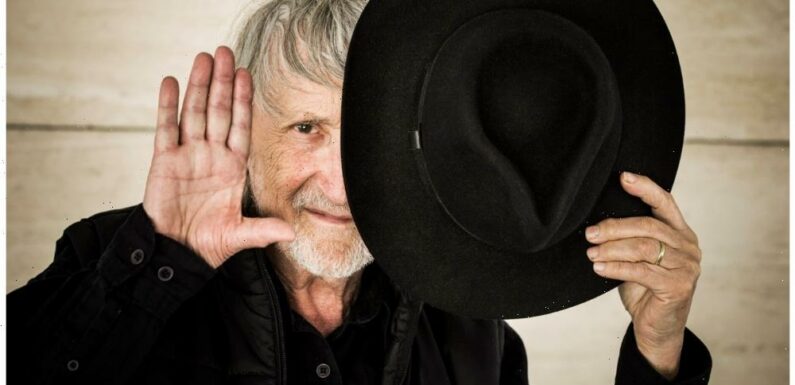
Slovak director, screenwriter and cinematographer Juraj Jakubisko, who won more than 80 international film awards, has died at the age of 84 in Prague, according to Film New Europe.
Jakubisko, who was given the nickname “the Fellini of the East“ due to his visual originality and magical realism, was born on April 20, 1938 in the eastern Slovak village of Kojšov. He studied photography at a secondary school for applied arts in Bratislava, and graduated in film directing from Film and TV School of the Academy of Performing Arts (FAMU) in Prague.
He began winning international acclaim with his experimental short films even before his directorial feature debut with “Crucial Years” (Kristove roky) (1967). The films “The Deserter and the Nomads” (Zbehovia a pútnici) (1968), which won the Little Lion award for young artist at the Venice Film Festival, “Birds, Orphans and Fools” (Vtáčkovia, siroty a blázni) (1969), and the tragicomedy “See You in Hell, Friends” (Dovidenia v pekle, priatelia) (1970, completed in 1990) were banned in the 1970s, so for years Jakubisko could only devote himself to documentary work.
He returned to feature filmmaking in 1979 with “Build a House, Plant a Tree” (Postav dom, zasaď strom), which received positive reception in Amsterdam, before it was also banned for its anti-regime messages. His epic feature “Millennial Bee” (Tisícročná včela) (1984) was a huge success with both audience and critics, as well as his children’s film “The Feather Fairy” (Perinbaba) (1985), featuring Giulietta Masina.
For “Sitting on a Branch, Enjoying Myself” (Sedím na konári a je mi dobre) (1989) Jakubisko received new international acclaim, including the Grand Prize at the Moscow Intl. Film Festival, while the satirical comedy “An Ambiguous Report about the End of the World” (Nejasná správa o konci sveta) (1997), produced by Jakubisko Film, brought him four Czech Lion awards.
Jakubisko’s first English-language film, the historical drama “Bathory” (2008), produced by Jakubisko Film Slovakia in coproduction with J&J Jakubisko Film Europe SE, Film and Music Entertainment (U.K.), Eurofilm Stúdió (Hungary), Czech Television, RTVS and Invicta Capital (U.K.), was at the time the most expensive Slovak and Czech production ever, and a huge box office success in both the Czech Republic and Slovakia, setting a record for admissions in Slovakia that stood unchallenged for many years.

In 2000 film journalists and critics voted Jakubisko as the best Slovak director of the 20th century. He was also the first director from Eastern Europe to win the Golden Seal at the FEST in Belgrade for his contribution to world cinematography in 2000.
In 2001 he was named as senior lecturer at FAMU. One year later he received a Czech Lion for Artistic Achievement and in the same year he was honored with the prestigious Pribina Cross, given by the Slovakian government for his significant contribution to the development of Slovak cinematography.
The premiere of his last film “Perinbaba and the Two Realms,” produced by Slovak J&J Jakubisko Film Europe Production in coproduction with Czech J&J Jakubisko Film Europe SE , STUDIO 727 and JOJ TV, the sequel of “The Feather Fairy,” is scheduled for release in 2023.
This article is published in partnership with online news service Film New Europe, which covers film and TV industry news from across Central and Eastern Europe.
Read More About:
Source: Read Full Article